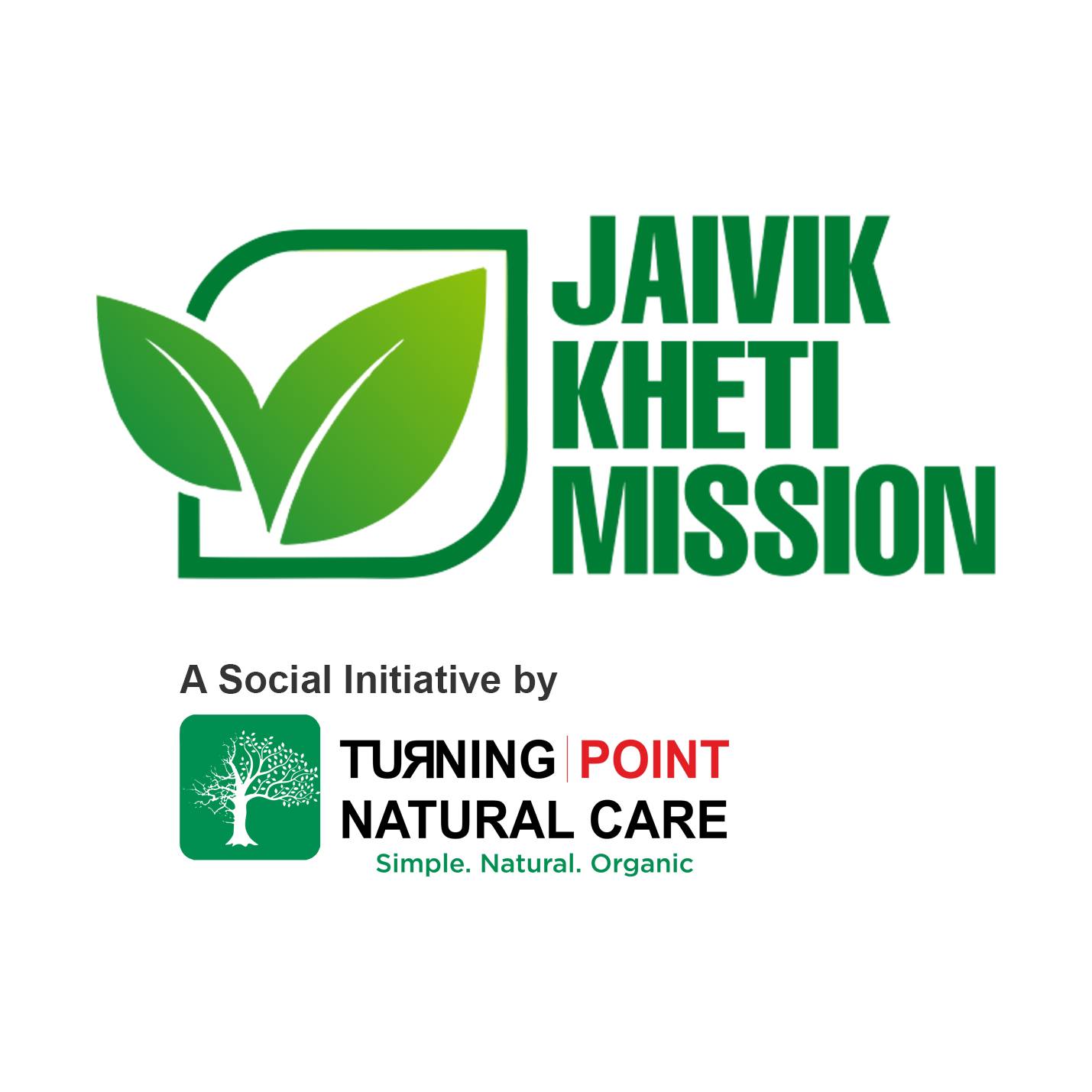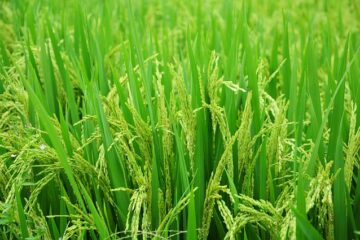
The Death of Agriculture
The Death of Agriculture: Navigating a Precarious Future
Agriculture, the pillar upon which human civilization was founded, faces unprecedented threats in the 21st century. Experts are ringing alarm bells, warning us of a looming “Death of Agriculture” that could radically reshape our world. Let’s explore the factors contributing to this dire prognosis and consider potential solutions.

The Imperiled State of Global Agriculture.
Our current food system, dominated by industrial agriculture, is under enormous stress. Climate change, soil degradation, water scarcity, and biodiversity loss are major threats that agriculture has to grapple with.
1.Climate Change and Its Effects on Agriculture.
Human-induced climate change is arguably the greatest threat to global agriculture. Rising temperatures, shifting precipitation patterns, and more frequent extreme weather events wreak havoc on crops and livestock. Droughts and floods can devastate entire harvests, while unpredictable weather makes it increasingly difficult for farmers to plan their growing seasons.
2.Soil Degradation and Its Impact.
Industrial farming practices, such as the overuse of synthetic fertilizers and pesticides and the reliance on mono cultures, are causing soil degradation at an alarming rate. This is reducing the soil’s fertility and capacity to retain water, threatening long-term food production.

3.Water Scarcity and Agriculture.
Water is a critical resource for agriculture, but it’s becoming increasingly scarce. With the world’s population growing, competition for water resources is intensifying, and agriculture, which currently consumes about 70% of global freshwater, is bound to feel the pinch.
4.Biodiversity Loss and Agriculture
Biodiversity is essential for a healthy and resilient agricultural system. However, intensive agricultural practices are leading to the loss of a vast range of plant and animal species. This loss of biodiversity can lead to decreased agricultural productivity and increased vulnerability to pests and diseases.
The Consequences of the Death of Agriculture
The death of agriculture as we know it could have catastrophic implications.
1.Food Security and Famine
A declining agricultural sector could lead to a global food shortage, threatening the livelihoods of millions, if not billions, of people. This could potentially lead to famines on a scale that humanity has never experienced before.
2.Economic Impact
Agriculture plays a crucial role in the economies of many countries, particularly developing ones. The collapse of agriculture could lead to economic instability, loss of livelihoods, and increased poverty levels.

The Path Forward: Sustainable Agriculture
While the threats are severe, it’s not too late to change course. By transitioning to sustainable agriculture, we can breathe new life into this vital sector.
1.Regenerative Agriculture Practices
Regenerative agriculture focuses on improving soil health, promoting biodiversity, and reducing the use of synthetic inputs. This approach can help restore degraded agricultural lands and make farming more resilient to climate change.
2.Water-Smart Agriculture
Water-smart agriculture includes practices such as precision irrigation, drought-tolerant crops, and watershed management. These can help ensure that agriculture remains viable in areas facing water scarcity.
3.Diversification in Agriculture
Diversification – both in terms of crops grown and farming practices used – can make agricultural systems more resilient. It can reduce dependence on single crops, protect against pest outbreaks, and promote biodiversity.
Conclusion
The death of agriculture as we know it isn’t a foregone conclusion. By taking action now and transitioning to more sustainable farming practices, we can protect this vital sector and ensure food security for future generations.
Our website
https://jaivikkhetimission.com/products



